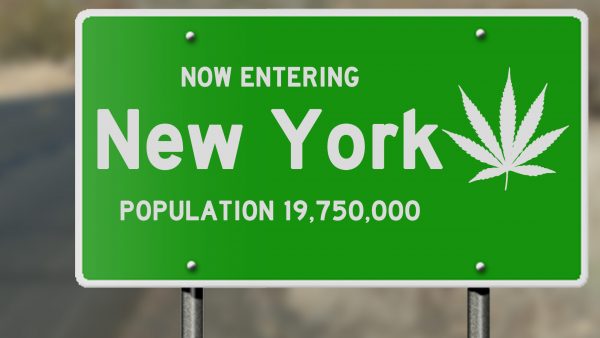MJBiz published a series of stories based on more than 200 pages of IRS documents pertaining to the enforcement of industry-hated tax law 280E. (Introduction, Part 1, Part 2) It obtained the documents through a Freedom of Information Act request.
Among the findings:
- Audits of cannabis companies can be substantially more profitable for the tax agency than audits of mainstream companies.
- IRS agents have become more sophisticated in their enforcement of 280E and the agency appears unlikely to back away from enforcing it before federal legalization.
- Part 1 discussed how the agency undertook sweeping multi-year audit programs of the industry driven largely by its belief that operators are skirting their tax obligations. These operations paid off handsomely.
- Part 2 reveals the IRS's game plan for auditing cannabis companies.
- The documents obtained by MJBiz can be downloaded here.






